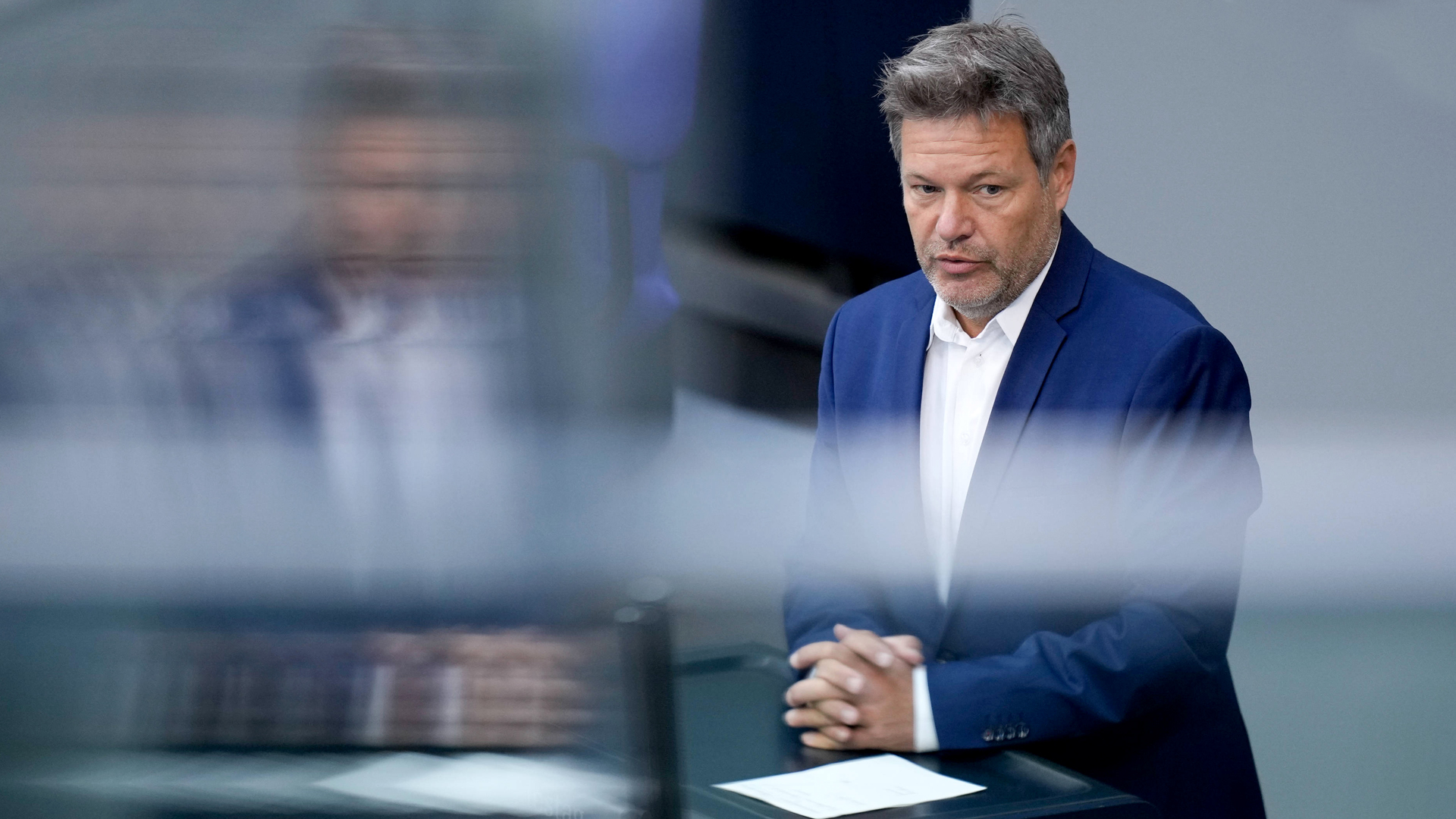When the traffic light government passed its coalition agreement at the end of 2021, it was clear: the Federal Climate Protection Act (in short: KSG) will be redesigned. Among other things, the coalition agreement states that the law will be further developed in the spirit of the “progressive government”, that climate protection will become a cross-sectional task of politics and that fines will be paid to the government in the event of a failed climate policy EU should be avoided. In addition, comprehensive climate protection measures should result in a comprehensive immediate climate protection program in 2022, which should ensure the fulfillment of the 2030 climate protection goals. With a delay of over half a year, the federal government's plans for this were now presented at the end of June 2023 – time to talk about it.
Follow us on social media
WWhat is the Climate Protection Act anyway?
The Federal Climate Protection Act (short: KSG) has been the central climate policy framework since 2019 that serves to combat the climate crisis. It sets binding targets for how much greenhouse gases we must save in the coming years in order to be climate neutral by 2045 at the latest. The law also regulates how the various sectors such as transport, energy and buildings should contribute to reducing emissions. Compliance with the binding climate protection targets in the sectors is checked annually in March. Previously, “penalties” were provided if the goals were not achieved.

The ministers responsible for these areas must submit a so-called sector emergency program if targets are missed. Measures should be developed here to ensure that goal compliance is achieved again. This is intended to ensure that every sector makes a fair contribution to the transformation. That was two years ago KSG strengthened after a ruling by the Federal Constitutional Court. Since then, climate protection has even had constitutional status. What should be changed now?
Federal government removes binding goals
A central element of the KSG is the binding nature of the sector goals. The plan is to delete this obligation and instead only take compliance with the overall target into account. However, this federal government plan has some extremely critical aspects.
Don't miss anything with the WWF newsletter!
By abolishing the binding sector targets, there is no longer any certainty that each sector follows a clear path to reducing greenhouse gases and makes a concrete and adequate contribution to this. There should now be the possibility overachievement in one sector against target failures in another sector. It's just unfortunate that no sector is on track to “overachieve” its goals in the medium term. This means that the immediate sector programs will no longer be presented by individual ministers in the future. This is a minimum criterion for over 40 associationswhich must be maintained, as shown in a joint paper. A program should no longer be presented annually if the target is missed, as was previously the case, but only every two years if the overall target is missed.

We have a big problem with this. As the Expert Council for Climate Issues has already emphasized several times, no sector is on the right track to meeting the climate goals in the medium and long term. However, removing the binding nature of the sector targets will certainly not help achieve the climate targets overall. On the contrary: We fear that instead of concrete and binding measures to reduce greenhouse gas emissions, a shift in responsibility and a postponement of urgently needed measures will be placed on the shoulders of future generations.
Climate Protection Minister Habeck: “No one stuck to it”
Another important aspect that is neglected in the revised version of the law is the introduction of a sanctions mechanism that should ensure that politicians assume their responsibilities. The consequences of this omission became clear in the transport sector last year. The Ministry of Transport has not achieved its climate goals. However, instead of presenting an appropriate immediate program as intended, Wissing presented a program that meets the requirements of the KSG is in no way fair. This was also stated by the expert council. We already did last year pointed out. And what was the consequence of ignoring the legal requirements? There were none!

Not the first time…
The past grand coalition and also the traffic light government have often set the guidelines KSG disregarded. Time and again, deadlines for submitting important reports on the status of climate protection and the outlook for emissions developments were missed. Therefore, Minister Habeck's statement is at least partially correct that no pig adheres to the Climate Protection Act. So is this the claim of a government that has made climate protection one of its top priorities?
Not just a step backwards, but also not real progress
The federal government's change in law also contains good and progressive plans. The Expert Council for Climate Issues should be given a stronger role in assessing legislative proposals. In the future, a forward-looking view should also be strengthened so that potential failure to achieve goals can be better predicted. He has both too WWF for further development of the KSG demanded. Overall, however, these points are not enough.

We need a climate protection law with boxing gloves!
After historic ruling by the Federal Constitutional Court became that KSG not strengthened back then, only to be further weakened now. Time is running. Of course, a lot has happened: important climate policy successes have been achieved and work continues at full speed on measures to further contain the climate crisis. But that The federal government recently admittedthat the 2030 climate targets will be clearly missed with the measures implemented and planned so far. The federal government cannot be satisfied with this. It is clear that we need further and truly ambitious measures to contain the climate crisis.
And it is all the more crucial that we continue to have a strong framework law for climate protection in Germany in the future that wears boxing gloves. We can no longer afford kid gloves.
Follow us on social media:


